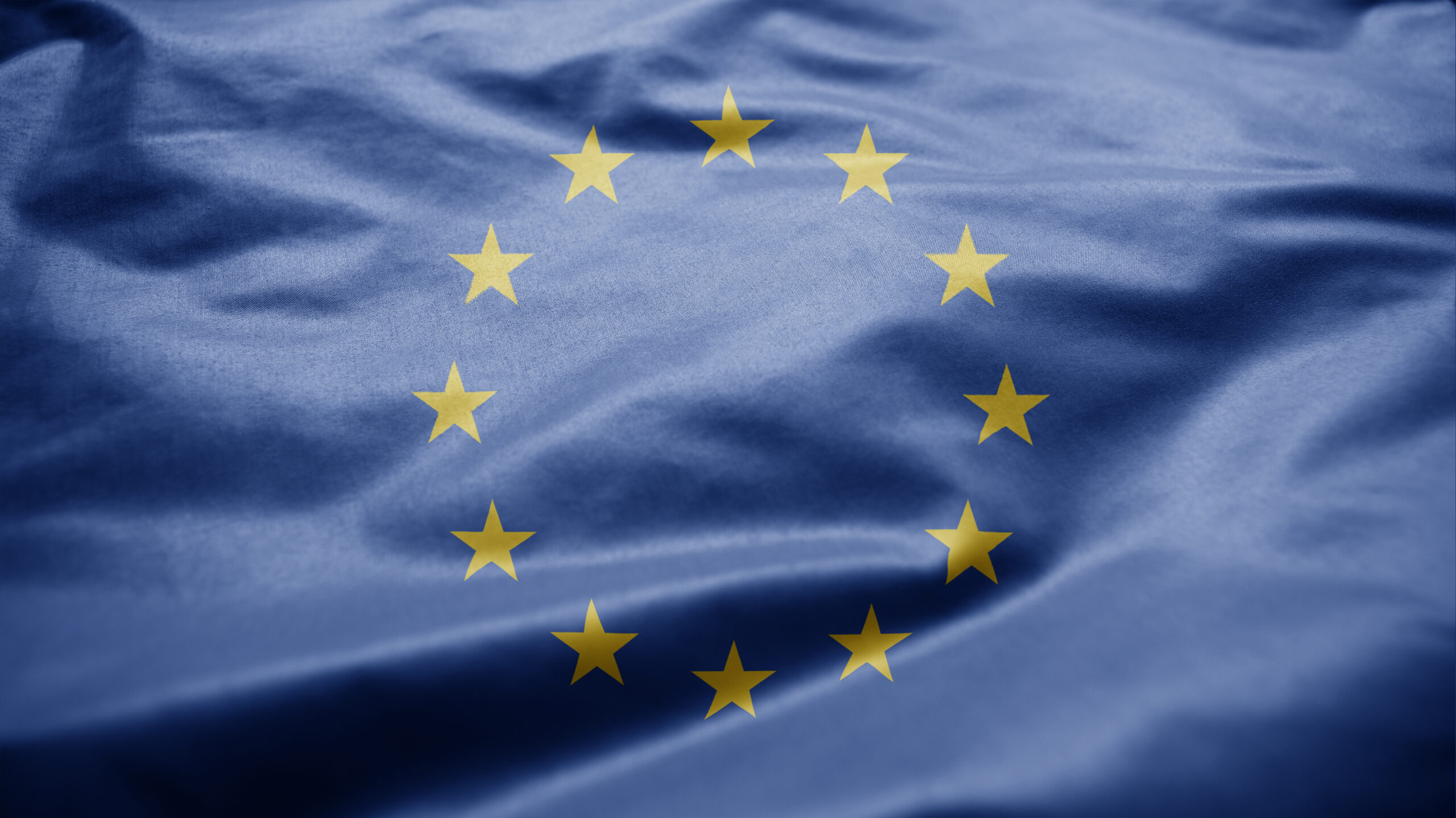
Utah Considers Proposals to Require Web Services to Verify Users’ Ages, Obtain Parental Consent to Process Teens’ Data
Update: On March 23, Governor Spencer Cox signed SB 152 and HB 311. While amendments were made to both bills, the concerns raised in FPF’s analysis remain. SB 152 leaves critical provisions, such as methods to verify age or obtain parental consent, to be established in further rulemaking, but questions remain regarding whether these can […]

Workplace Discrimination and Equal Opportunity
Why monitoring cultural diversity in your European workforce is not at odds with GDPR Author: Prof. Lokke Moerel* The following is a guest post to the FPF blog from Lokke Moerel, Professor of Global ICT Law at Tilburg University and a lawyer with Morrison & Foerster (Brussels). The guest blog reflects the opinion of the […]

7 Tips For Protecting Your Privacy Online
Today, almost everything we do online involves companies collecting personal information about us. Personal data is collected and regularly used for a number of reasons – like when you use social media accounts, when you shop online or redeem digital coupons at the store, or when you search the internet. Sometimes, information is collected about […]

This Year’s Must-Read Privacy Papers to be Honored at Capitol Hill Event
The Future of Privacy Forum’s 13th Annual Privacy Papers for Policymakers Award Recognizes Influential Privacy Research Today, the Future of Privacy Forum (FPF) — a global non-profit focused on data protection headquartered in Washington, D.C. — announced the winners of its 13th annual Privacy Papers for Policymakers (PPPM) Awards. The PPPM Awards recognize leading privacy […]

The Future of Manipulative Design Regulation
Regulators in the United States and around the globe are bringing enforcement actions and crafting rules intended to combat manipulative design practices online. These efforts are complex and address a range of consumer protection issues, including privacy and data protection risks. They raise thorny questions about how to distinguish between lawful designs that encourage individuals […]

13th Annual Privacy Papers for Policymakers
FPF is excited to announce the 13th Annual Privacy Papers for Policymakers winners and in-person award ceremony! The award recognizes leading privacy scholarship that is relevant to policymakers in the U.S. Congress, at U.S. federal agencies, and international data protection authorities.

Protected: 14th Annual Advisory Board Meeting 2023
There is no excerpt because this is a protected post.

FPF Roundtable on Privacy-Preserving Machine Learning
The state of the art in Privacy-Preserving Machine Learning (PPML) is promising from a technical perspective but under-explored if we view it through the lens of legal instruments such as the EU AI Act and the EU Data Act. In this roundtable, we aim to contribute to clearing the path to alternative solutions for processing (personal) data […]

Understanding Extended Reality Technology & Data Flows: Privacy and Data Protection Risks and Mitigation Strategies
This post is the second in a two-part series. Click here for FPF’s XR infographic. The first post in this series focuses on the key functions that XR devices may feature, and analyzes the kinds of sensors, data types, data processing, and transfers to other parties that power these functions. I. Introduction Today’s virtual (VR), […]

GDPR and the AI Act interplay: Lessons from FPF’s ADM Case-Law Report
In May 2022, the Future of Privacy Forum (FPF) launched a comprehensive Report analyzing case-law under the General Data Protection Regulation (GDPR) applied to real-life cases involving Automated Decision-Making (ADM). Our research highlighted that the GDPR’s protections for individuals against forms of ADM and profiling go significantly beyond Article 22 – which provides for the […]
